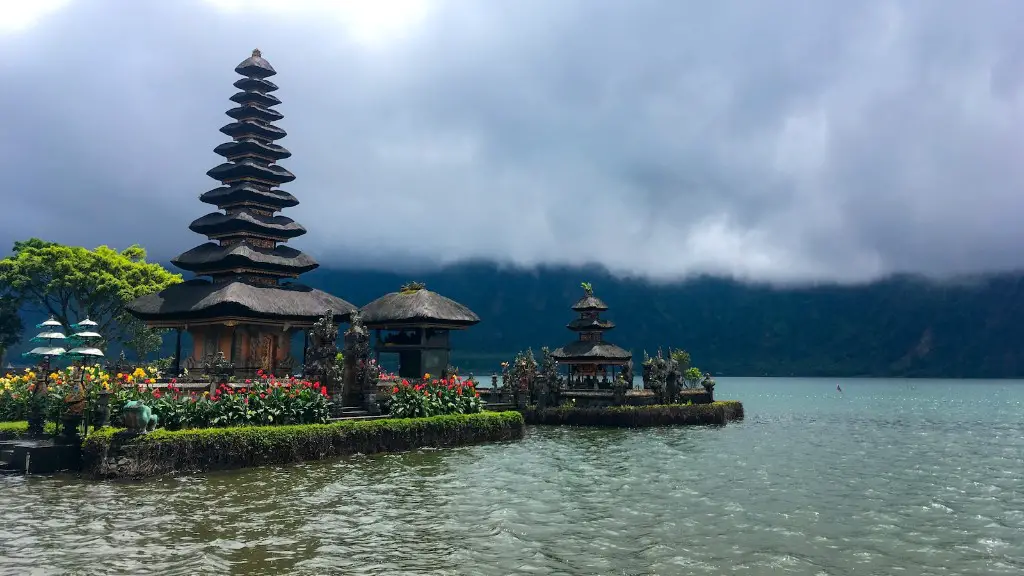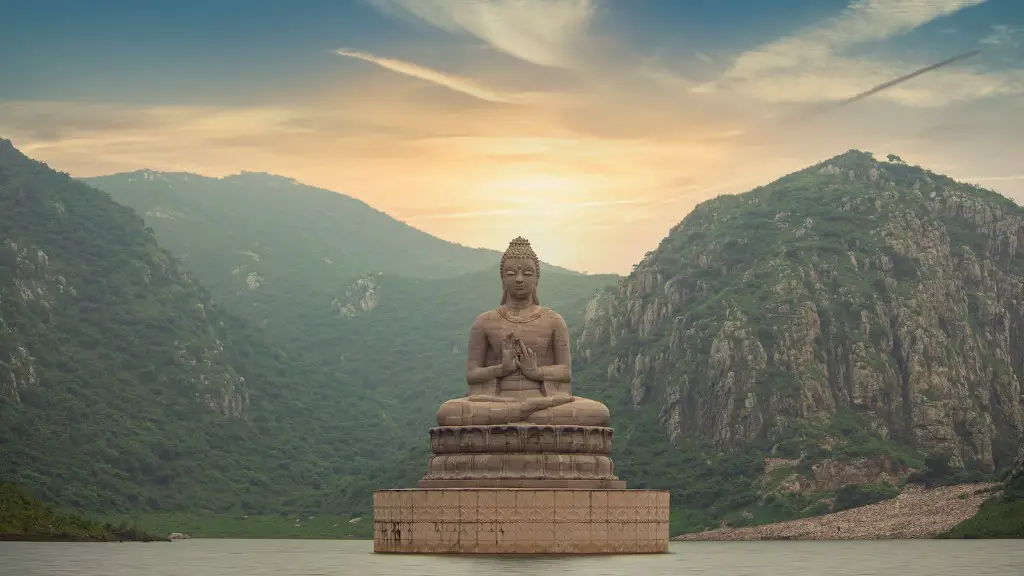What Are Interesting Facts About Hinduism?
Hinduism is one of the oldest spiritual systems in existence today. It has its roots in the Vedic culture of ancient India more than 3000 years ago. Hinduism is known for its complexity and the sheer number of deities that it recognizes. Here are some interesting facts about Hinduism:
One of the core concepts in Hinduism is the cycle of life and death (samsara). In Hinduism, each birth of a person is the result of the individual’s past action (karma) and the next birth is determined by the performance of the current life.
Hinduism has four major denominations- Vaishnavism, Shaivism, Shaktism and Smartism. Vaishnavism focuses on the worship of Lord Vishnu, Shaivism discusses on Shiva’s worship, Shaktism is devoted to Goddess worship and Smartism refers to the philosophical tradition of the sacred writings of the Vedas.
Hinduism does not have one single founder and no set of sacred scripture. Hindus have their own collection of ancient sacred writings, such as the Hindu Puranas and the Upanishads. The Vedas are also crucial to Hinduism, and are a collection of hymns, prayers, and ritual instructions.
Hindu deities come in many forms and have multiple aspects. People worship various deities depending on the occasions. For example, some people worship Ganesha during festivals while others prefer the devotional worship of Shiva or Vishnu. The three main Hindu gods are Brahma, Vishnu and Shiva.
In Hinduism, the concept of ahimsa (non-violence) is highly valued. Hindus believe that all beings have souls and therefore, they strive to respect all life. This concept is strongly linked to the idea of karma, in which every action has consequences.
Yoga is also an important part of Hinduism. Many Hindus practice yoga as a form of spiritual practice, as it is believed to help clear the mind and focus the spirit. Hindus also practice meditation, which is believed to help connect individuals with their deeper spiritual selves.
Hindu Deities
Hinduism has numerous gods and goddesses, all of whom are often seen as different manifestations of the same being. Lord Vishnu is one of the most important gods in Hinduism, as he is seen as the protector of the universe. He is depicted in various forms, such as a fish, tortoise, boar, lion, and a human. He also has ten incarnations, including Vishnu, Rama, and Krishna.
Goddesses are also highly important in Hinduism. Goddesses come in many forms and represent the creative, restorative and destructive forces of nature. The most popular goddesses are Lakshmi, the goddess of wealth and prosperity; Saraswati, the goddess of knowledge and music; Kali, the goddess of destruction; and Durga, the warrior goddess.
Hindu mythology is full of interesting stories about these gods and goddesses. For example, there is the story of the churning of the ocean of milk, in which the gods and demons cooperated to extract the elixir of immortality – a famous event in Hindu mythology.
The gods and goddesses of Hinduism typically have their own festivals and rituals, which are celebrated every year by Hindus all over the world. Hindus also practice daily worship, known as Puja, in which they offer prayers to gods and goddesses in order to fulfill their desires or ask for blessings.
Hindu Festivals and Celebrations
Hinduism is known for its vibrant and colourful festivals, which are celebrated all over the world. Some of the most celebrated festivals include Diwali, Holi, Raksha Bandhan, Dussehra, Janmashtami, and Navratri. Each festival has a particular significance, such as Diwali signifying the victory of good over evil and Holi celebrates the arrival of spring. These festivals bring people together and celebrate the many facets of Hindu culture.
Among the most important Hindu festivals, Pongal and Makar Sankranti are declared public holidays in India. Pongal is a harvest festival celebrated in January, while Makar Sankranti is celebrated in January to mark the transition of the sun from one zodiac sign to another.
Hindu weddings are also an important part of Hindu culture. Hindu weddings are elaborate affairs with several days of ceremonies and traditional rituals. Held mainly in temples, these weddings involve the engagement, the henna ceremony, and the wedding ceremony.
Hindu Beliefs and Practices
Hinduism is a faith full of beliefs and practices. The main religious belief of Hindus is that of reincarnation or rebirth. Hindus believe that each person will be reborn several times, depending on the karma they have accrued in their previous lives. At the end of the cycle of rebirths, the person will achieve liberation.
In Hinduism, there is a strong emphasis on reaching spiritual enlightenment through various methods, such as service and meditation. Hindus believe that discovering one’s true purpose and fulfilling one’s spiritual destiny is the ultimate goal of life.
Hindus also believe in the power of mantras, which are words and syllables uttered during meditation or chanting. Hindus believe that mantras have power to bring peace and harmony to the individual and the world around them.
Hindus also practice acts of charity, known as Daana. This can take the form of anything from donating money to a charitable cause to giving food and clothing to the needy. Hindus believe that acts of charity are an important way of improving karma and achieving spiritual enlightenment.
Conclusion
These interesting facts about Hinduism provide insight into the depth and complexity of the Hindu spiritual system, which has been practiced by millions of people worldwide for thousands of years. For Hindus, karma, moksha and ahimsa are core concepts that serve as the foundation for their spiritual journey towards peace and enlightenment.



